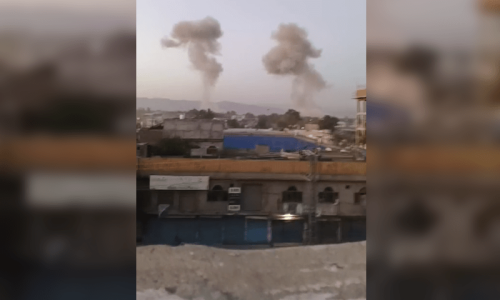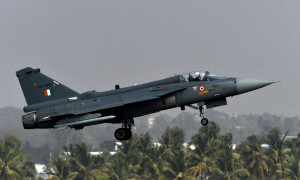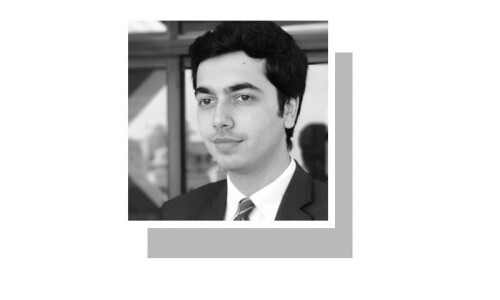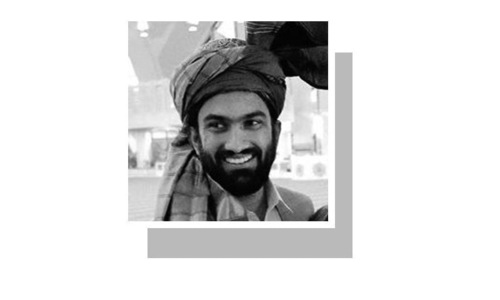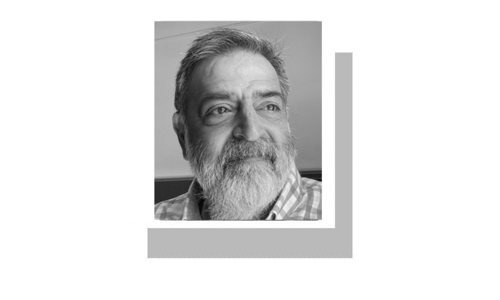KARACHI: Activists of banned outfits have adopted new methods of reconnaissance, transportation of arms and explosives, and carrying out terror acts, it emerged on Thursday.
“The militants now work as drivers, cleaners, guards, cobblers and even garbage collectors in order to conduct reconnaissance and transport arms and explosives,” said Counter-Terrorism Department SSP Junaid Ahmed Shaikh.
The militants have adopted these professions in order to avoid suspicion of area people or law enforcers, added the officer.
Militants operate as drivers, cleaners, guards, cobblers and garbage collectors to escape the gaze of law enforcers
The CTD has written a letter to police stations in the metropolis to keep a vigilant eye on drivers and cleaners of trucks and dumpers, security guards, cobblers and garbage collectors.
This emerged during interrogation of three held suspects belonging to the banned Tehreek-i-Taliban Pakistan — Mohammed Ilyas, Asmatullah and Noor Wali — whose arrests were shown by the CTD on Tuesday.
Sharing details of the initial probe, the CTD SSP said Ilyas was an “expert” at making bombs. He had been injured during a botched bomb-making attempt in Jamshed Quarters a few years ago and was arrested by the police. However, he got released from prison.
Path to militancy
Ilyas was born in a South Waziristan village in 1993 where he studied up to the seventh standard and shifted to Karachi in 2007 along with his family.
He told the interrogators that he had been motivated in 2004 by his sixth grade teacher Wali Rehman to join militancy.
The schoolteacher, Wali Rehman, later became head of a faction of the TTP and was killed in 2014.
Ilyas told the CTD that on the ‘advice’ of his teacher he received militancy training at the TTP centre in Waziristan along with around 70 other militants.
When he moved to Karachi, he studied at a seminary in the Mauripur area for some time and later abandoned it and went back to Waziristan. He along with around 60 other militants went to Afghanistan to carry out attacks on Nato forces.
Sectarian violence
Ilyas also told interrogators that on the directions of TTP leadership, he and other militants had also taken part in sectarian clashes in Kurram Agency where around 75 members of both Sunni and Shia communities were killed, including his three accomplices.
When sectarian violence ended, the held suspect and other militants returned to South Waziristan.
Ilyas informed the interrogators that in 2007 TTP militants had held 375 soldiers hostage whose custody was given to different local ‘commanders’ of the outfit.
He also informed that the militants had carried out three attacks on security personnel in 2009, 2012 and 2013 in Waziristan.
TTP split
Ilyas told the interrogators that differences emerged in TTP in 2013 owing to which the outfit was split into two factions — one led by Hakeemullah Mehsud and the other by Wali.
There were several reasons behind the split, including allegations that slain Hakeemullah Mehsud had joined hands with Afghanistan and his outfit was targeting religious scholars in Pakistan.
Ilyas later on joined the group led by his teacher, Wali Rehman.
Subsequently, violent clashes erupted between members of both groups in different areas of Waziristan in which several militants were killed, including Wali in 2014.
Ilyas, who cleans dumpers, told the interrogators that his 18 accomplices were killed, 12 others shifted to Afghanistan while four others were living in Karachi.
Another held suspect, Asmatullah, 26, who drives a rickshaw, hailed from a village in South Waziristan.
He studied up to middle school, then joined the TTP and came to Karachi in 2007. He went to Dubai in 2014 but returned after seven months owing to low pay.
Initially, he worked as a security guard at a private hospital in the city but later started driving rickshaw in 2016.
He told the interrogators that he joined the TTP in 2009 over persuasion of his friend, Jamshed.
Asmatullah said that when he was studying in a government school in Waziristan, TTP militants like Jamshed and others used to wait outside the school where they talked about the “importance of jihad” and persuaded the pupils to join the TTP.
He was also impressed by their talk and joined the outfit.
Asmatullah revealed that TTP militants used to persuade the pupils of impressionable age to become suicide bombers.
He started visiting TTP centre in Waziristan where he met several other militants. He also “confessed” to his involvement in attacks on security personnel there.
He said after spending two years at the TTP centre in Waziristan, he came back to Karachi in 2013 and started raising funds for the outfit in Gulshan-i-Buner of Landhi area where several people belonging to Mehsud tribe lived.
Asmatullah further told the interrogators that out of his several accomplices, one of them had joined a law enforcement agency.
The CTD SSP said they had intimidated the institution concerned about the identity of the militant.
‘Suicide bomber’ shifted to Dubai
Asmatullah also told the interrogators that one of his accomplices, a resident of Gulshan-i-Buner, had been trained as a suicide bomber by one Azmatullah, who was known as “commander of suicide bombers” belonging to the TTP’s Khan Sajna group.
He said that as per his information, the purported bomber aged around 22 years was later shifted to Dubai.
The third held suspect, Noor Wali, presently a security guard at a famous textile mill, originally belonged to the Tank area of Waziristan.
He studied up to the primary level and came to Karachi along with his family in 2008.
Noor had joined the TTP in 2003 over persuasion of a friend in Waziristan.
He told the interrogators that he was made TTP’s ‘commander’ in Karma area of Waziristan by slain Baitullah Mehsud in 2014. He was also allegedly involved in attacks on security forces there. Noor added that around 100 TTP militants had taken 375 soldiers hostage.
After seven days of captivity, the soldiers were released through an agreement between Baitullah Mehsud and the government of Pakistan under which around 28 militants were released from prisons.
The held suspect had also remained involved in attacks on Nato forces in Afghanistan.
He also told the interrogators that his several accomplices had been killed while several others shifted to Afghanistan.
Published in Dawn, July 27th, 2018
















